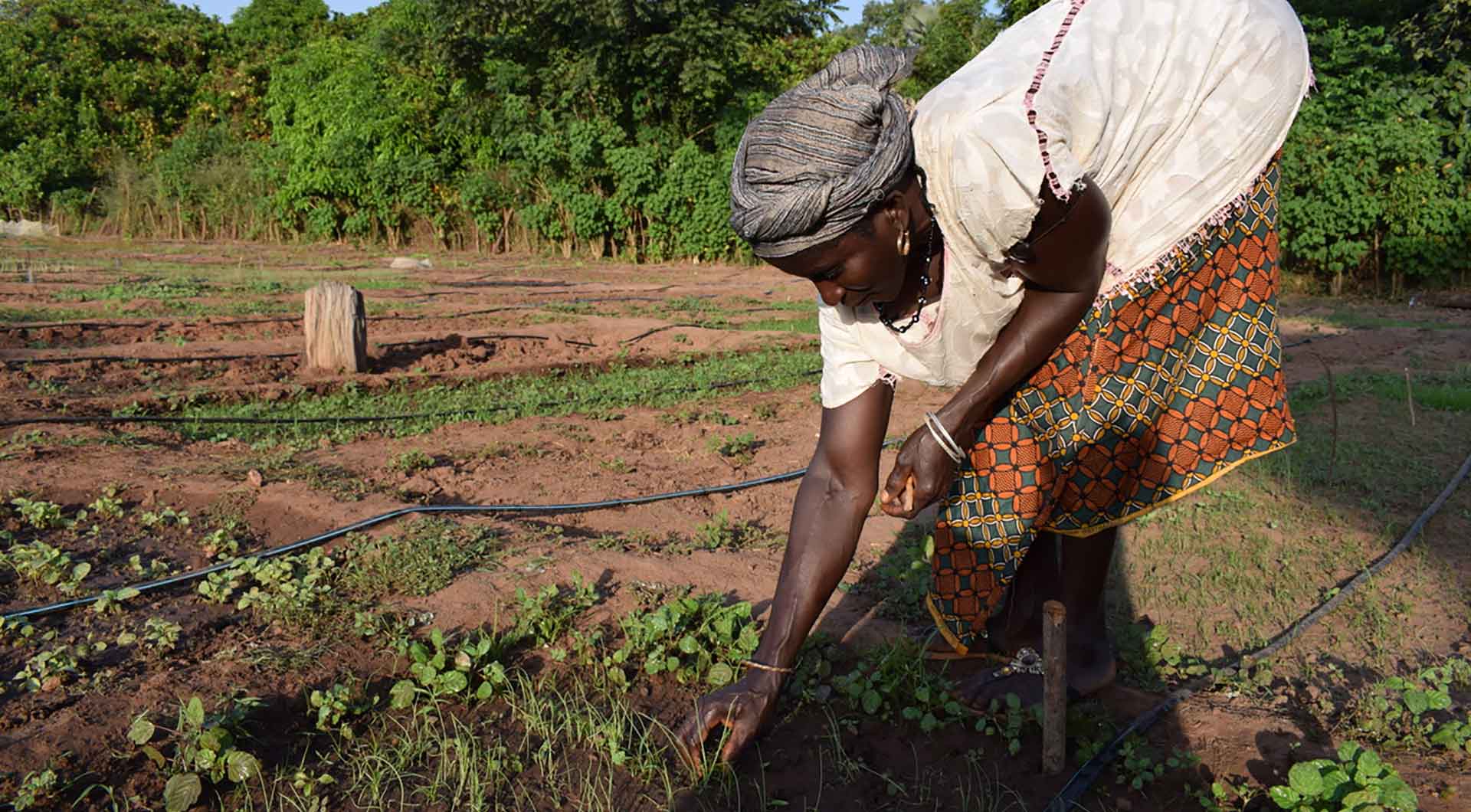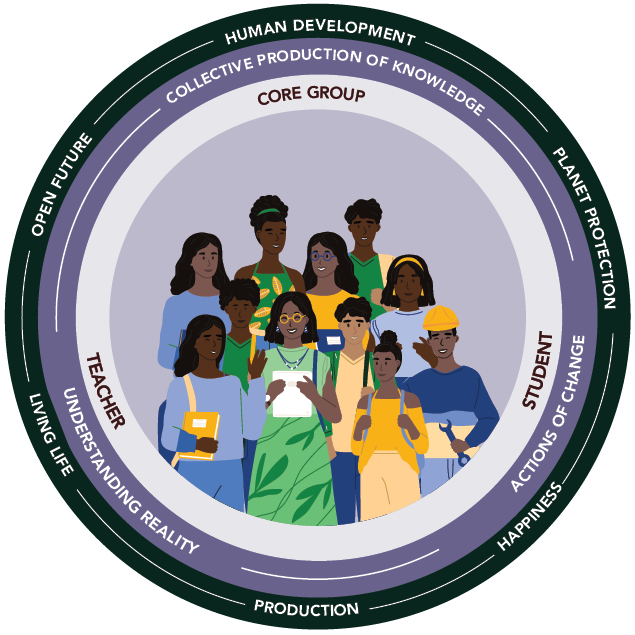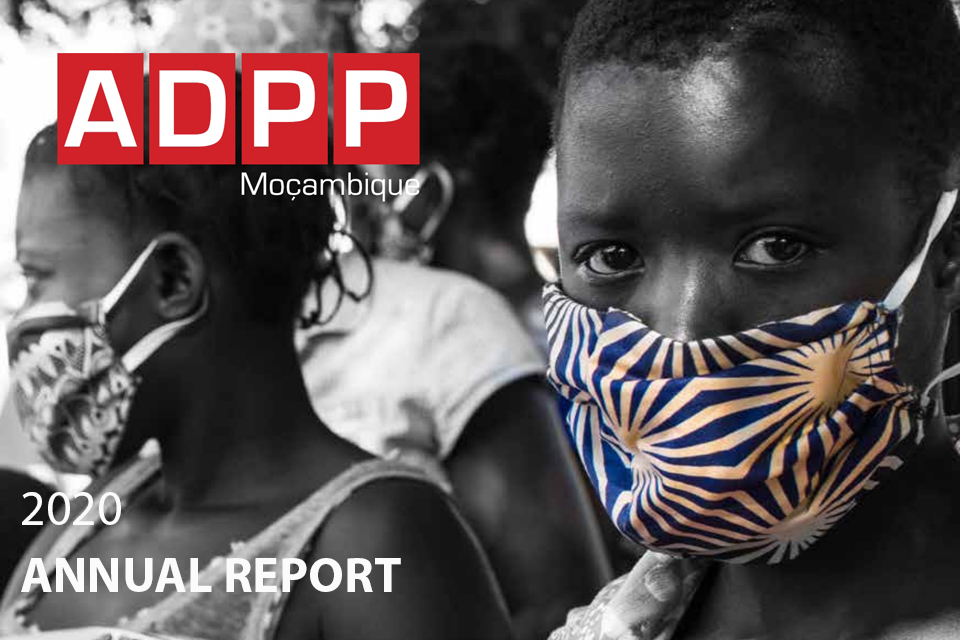
The pedagogies we use must educate to protect the planet, build communities and support people by connecting them with others, unleashing their potential for positive change and action. It is needed now more than ever.
UNESCO’s report from November 2021 Reimagining our futures together – a new social contract for education (UNESCO 2021) calls for transformation of education. It strives to respond to the exigencies of the present and the future.
“We need to take urgent action to change course, because the future of people depends on the future of the planet, and both are at risk,” says the UNESCO Director-General in reflection of the state of education today which, calls dialogue and actions for change.
One of the calls for dialogue and action reads, “Pedagogy should be rooted in cooperation and solidarity, building the capacities of students and teachers to work together in trust to transform the world.”
This is not a matter of disciplines and lesson plans and exams, but recognizing that pedagogy is capable of transforming both students and teachers as they learn from and with each other. The pedagogical approach can either prohibit, limit or promote transformations.
It is of immense importance that UNESCO makes this call. For many years, focus has been on individual success, economic growth and responding to the needs of the labour market, and standardization of content and methods and strict test regimes have spread throughout the world.
The shift in focus, has come at a high cost. Teachers have started planning their teaching to respond to the tests, adjusting so that students hopefully would pass them – and the collaborative learning, the life-line of the school has been lost in the process. In several western countries, it has been shown that students have not become better at the basic skills the test regime set out to improve, and collective experiences and social capabilities have decreased significantly. One international study found that children in Denmark who had been taught in the national test regime for four years, were significantly worse off than the similar group before that system was introduced. Another result has been that teachers are significantly less happy with their job. Young children with stress symptoms and anxiety is a phenomenon almost unknown before.
Since 2000, when OECD introduced the PISA [Programme for International Students Assessment] tests and started ranking countries, schools and teachers according to standardized test results of 15-year-olds across up to 80 countries, the curriculum development world-wide has been subject to a level of hegemony not previously known within education. Countries in the global south have often depended on donor funding, and donors demanded from the receiving countries that they align with competence-based, test-oriented and standardized education models promoted in most western European countries.
While the UNESCO report may be seen as an expression of doubts risen against this kind of education over the years, there is no doubt that it will gain bigger influence in countries with more resources for education than in countries that already struggle to make ends meet in the education sector – countries that often just have adjusted their national curricula to the hegemony of competence-based and test-oriented teaching. It will take years to change it, because it is expensive and it is a long process.
In Humana People to People, we want to contribute to the much-needed transformation of education called for by UNESCO. We have a lot to offer.
Our pedagogical practice strives to educate students of all ages to protect the planet, build communities and support people by connecting them with others, unleashing their potential for positive change and action.
In 70 education institutions and 146 other teaching and learning projects in operation, reaching 1.2 million people on 12 countries, we follow a strategy that is broad, inclusive and innovative. We believe that students and teachers must learn together in and with their communities, and that they must test and refine what they learn in the encounter with actions of change in the daily reality of life.
We see education as a common good and give long-term support to public education, seeking to inspire and complement it, so that teachers, students, parents, education institutions, education officials and Ministries of Education can draw inspiration from direct and indirect cooperation with Humana People to People schools and education projects.
In the coming weeks we will share our experiences here on our website and on our other social media channels.



